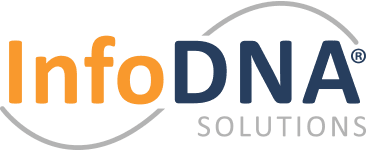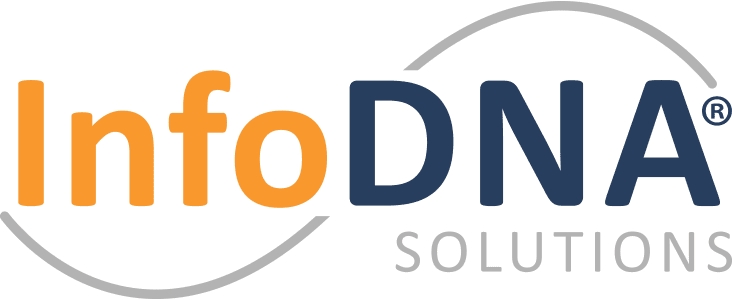
AIIM, as a trade association that is at the center of the global content services market, brings a community together of professionals. Their board is full of market leaders in the area of process, content and compliance from around the world. In a recent blog, AIIM board member David Jones outlines some of the coming trends in 2020 and beyond. He states:
Some of the legacy players are struggling to migrate 15-year old pieces of software to the cloud. The challenge is, they’re having to rebuild them at the same time as they maintain them and keep them up to date, and it’s proving difficult for them.
His example of where so many organizations are stuck in legacy technology:
One of the reasons for me why we’re still having that conversation is because it’s so difficult to migrate away from those pieces of software. SharePoint 2010, for example, is hitting end of life in 2020, but we still talked about it today at the conference, it’s still being used; AIIM Research last year found that 33% of SharePoint users still have that version of the software, even though Microsoft stopped supporting or updating it five years ago.
Using SharePoint as an example, it is a multi-step upgrade. From THIS POST:
Upgrading to the latest versions of SharePoint on-premises is a multi-phased approach meaning you will need to first upgrade to SharePoint Server 2013 before you can upgrade to SharePoint Server 2016 – and for SharePoint Server 2019, upgrading to SharePoint Server 2013, then SharePoint Server 2016, before upgrading to SharePoint Server 2019.
So to get to the latest version from 2010, you have to upgrade to 2013 THEN TO 2016 THEN TO 2019!!
The conclusion:
As a result, 2020 may well be a year that we see a huge, definitive embrace of cloud by Content Services customers, he predicts: “People will say, let’s do the upgrade, let’s do the whole darn thing in one go and build ourselves an infrastructure ready not just for 2020, but beyond.”
But for this to be effective, an organization needs to reconcile their document landscape from all their existing repositories. Topla, by InfoDNA Solutions, was designed to work with this broad heterogeneous reality that so many companies are trapped in today.




